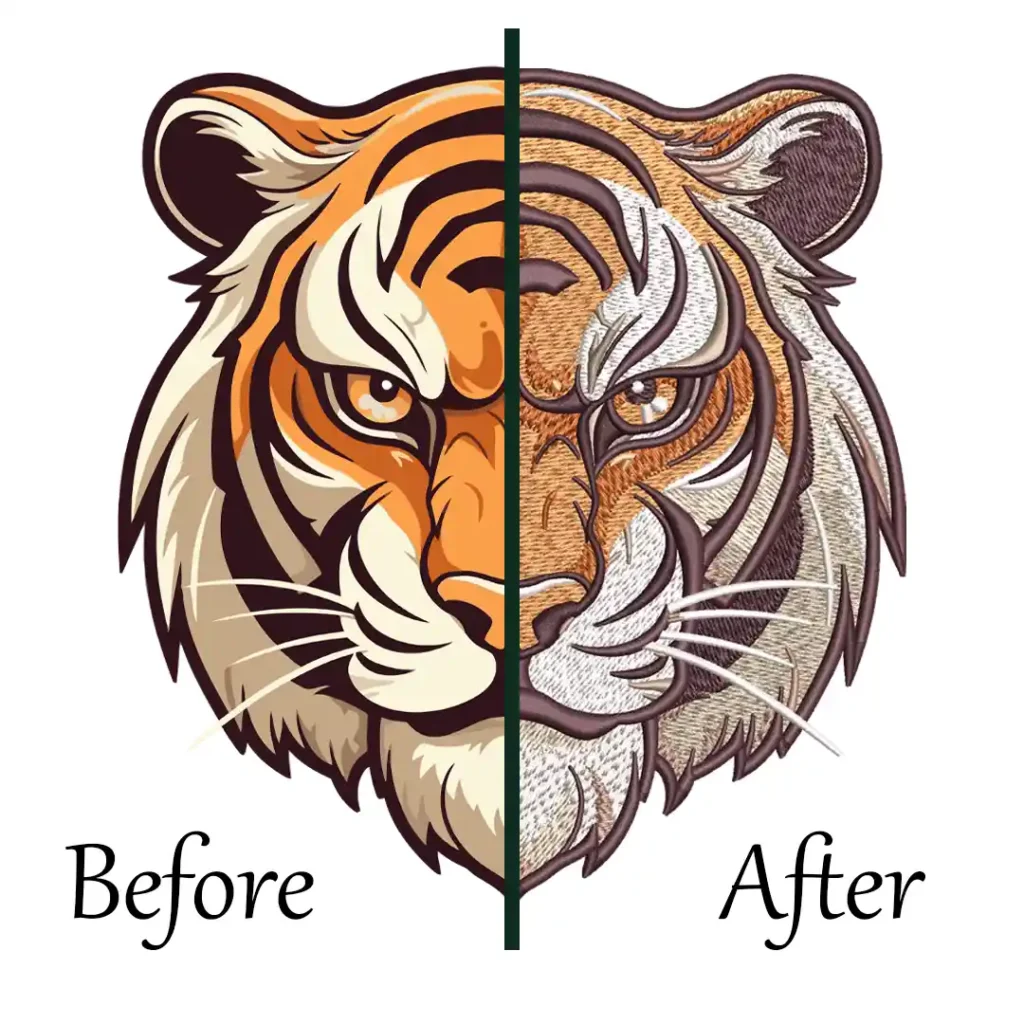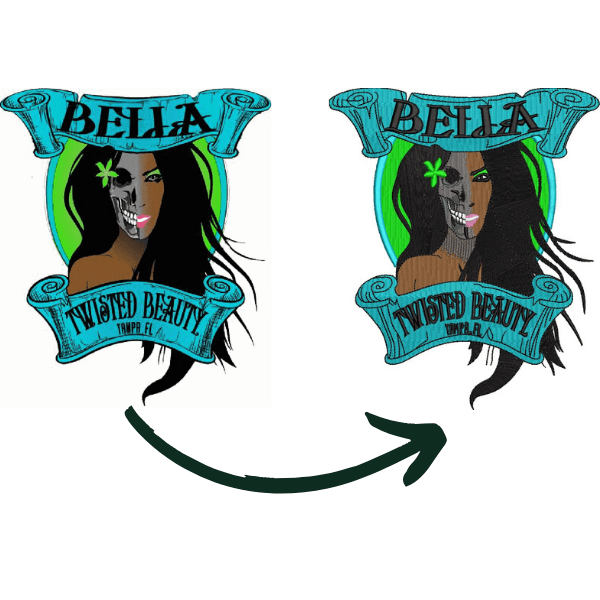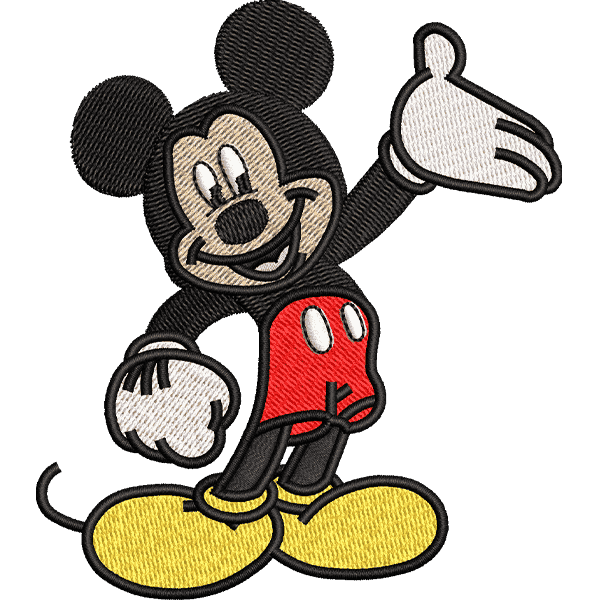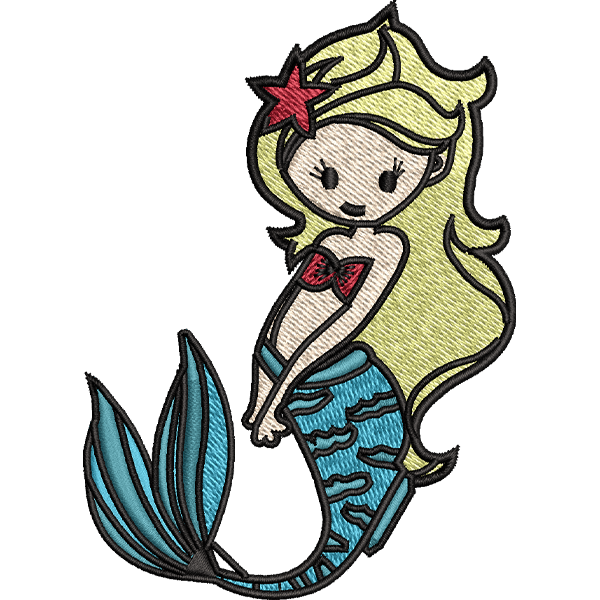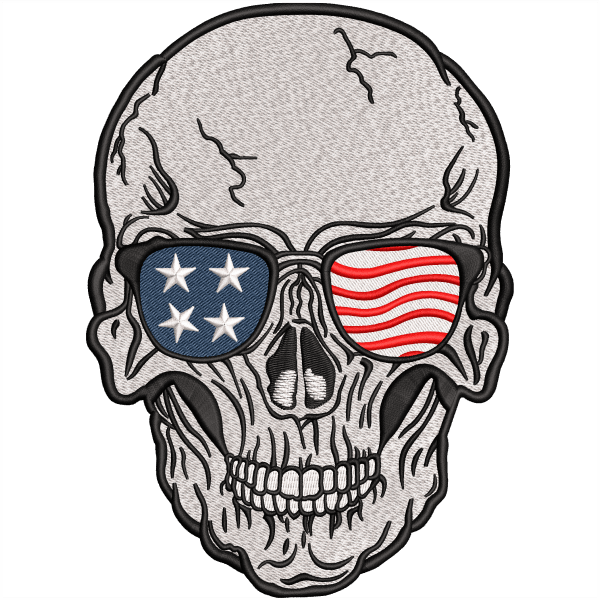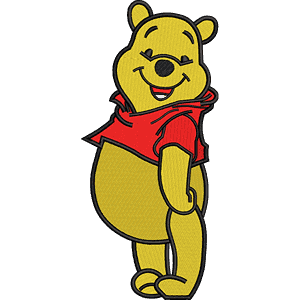In this article, we will explore the factors that impact the custom t-shirts cost. Custom t-shirts offer a unique and personalized touch to clothing, but their pricing can vary depending on various factors.
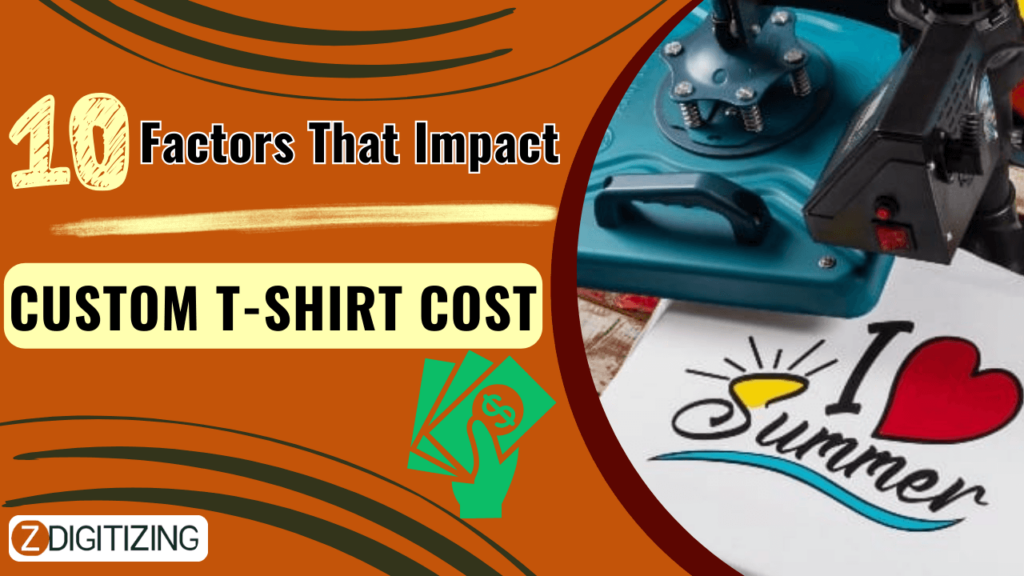
By understanding these factors, you can gain insights into what influences the custom t-shirt price and make informed decisions when purchasing or pricing them. Whether you are a buyer or a seller, this knowledge will help you navigate the custom t-shirt market more effectively.
The 10 factors that impact custom t-shirt cost
10 Factors That Impact Custom T-Shirt Cost
In the world of custom t-shirts, the cost can vary significantly based on several factors. Understanding these factors is essential for both buyers and sellers in order to make informed decisions about pricing, purchasing, or selling custom t-shirts. Let’s delve into the ten key factors that impact the cost of custom t-shirts.
Quantity:
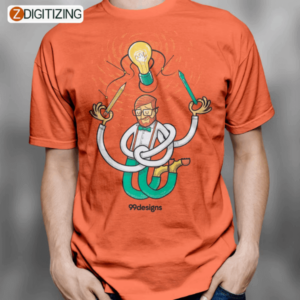
Quantity plays a significant role in determining the cost of custom t-shirts. As the quantity of shirts ordered increases, the per-unit cost decreases. This is because bulk orders allow manufacturers to optimize their production processes, reduce setup costs, and achieve better pricing on materials. If you’re looking to save costs, consider ordering a larger quantity of shirts.
Design Complexity:
The complexity of the design affects both the production time and the printing technique. Intricate designs with fine details, gradients, or multiple layers may require advanced printing methods such as DTG printing or sublimation, which can increase the cost. Simpler designs that use solid colors or basic shapes are generally easier and faster to print, resulting in lower costs.
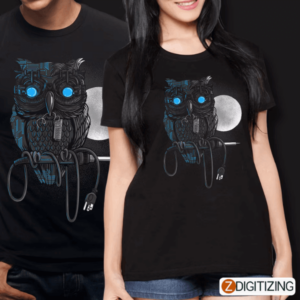
Printing Method:
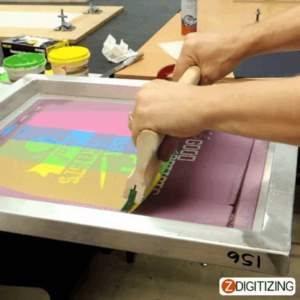
The chosen printing method significantly impacts the cost of custom t-shirts. Each printing technique has its advantages, disadvantages, and associated costs. Screen printing is a popular and cost-effective method for large quantities and designs with fewer colors. DTG printing offers more flexibility with intricate designs and a wide color range, but it may be costlier for larger orders. Heat transfer and embroidery are additional options to consider, each with their own cost considerations.

Color Count:
The number of colors in your design affects the cost of custom t-shirts. Each color requires a separate screen or setup, which increases the production time and cost. If you’re working with a limited budget, consider simplifying your design or opting for fewer colors to reduce printing custom shirts costs.
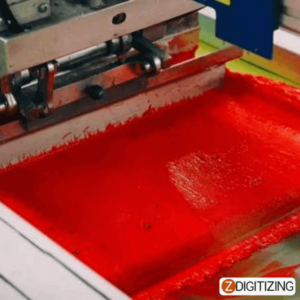
Fabric Quality:
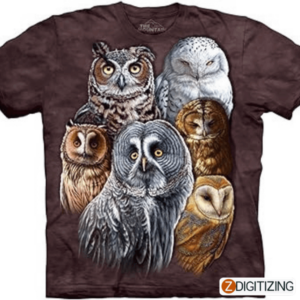
The choice of fabric impacts the cost and perceived value of the custom t-shirt. Basic cotton is typically more affordable, while premium fabrics like organic cotton, bamboo, or tri-blends tend to be pricier. The weight and thickness of the fabric can also affect the cost, as heavier fabrics may require more material and result in higher production costs.

Brand and Style:
The brand and style of the t-shirt can contribute to the overall cost. Well-known and established brands often have higher price points due to their reputation, quality, and demand. Similarly, certain styles like fashion-forward cuts or specialized fits may come with a premium price tag compared to standard or generic styles.

Add-Ons and Finishing:
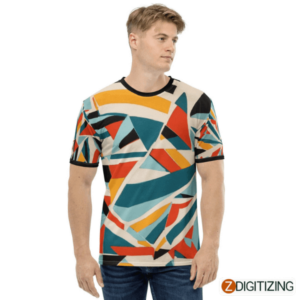
Additional customization options and finishing touches can elevate the cost of custom t-shirts. This includes features like custom tags, labels, special packaging, or unique embellishments. These extras require additional materials, labor, and time, resulting in increased costs. Consider whether these add-ons are essential for your design or if they can be omitted to manage costs.

Turnaround Time:
Urgent orders or tight deadlines often incur additional charges. Rush production and expedited shipping may be necessary to meet your timeframe, but they come at a premium cost. Planning ahead and allowing ample time for production and delivery can help avoid these additional expenses.

Supplier and Location:

The choice of supplier or printing company can impact the cost of custom t-shirts. Different suppliers have varying pricing structures, overhead costs, and profit margins. It’s important to research and compare multiple suppliers to find the one that offers the best balance of quality, price, and customer service. Additionally, the location of the supplier can affect shipping costs, especially if you need to import or export the shirts.
Embroidery Digitizing
&
Vector Art Services
Are you looking for embroidery digitizing and vector art services at low cost with superfast turnaround, guaranteed quality and preview before pay? So, you are at right place. We can digitize and vectorize any type of artwork in your required file format.
Order Customization:
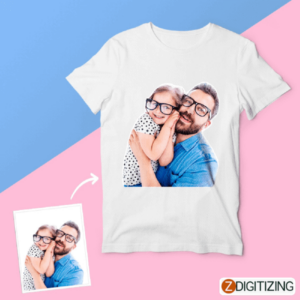
Additional customization options, such as individual names or numbers on each shirt, can increase the cost. Personalizing each shirt within a bulk order requires additional setup time and effort, contributing to higher costs. By considering these ten factors, buyers and sellers can better understand the cost dynamics of custom t-shirts. Buyers can assess their budget and priorities to make informed decisions about the features they want.
While sellers can determine appropriate pricing strategies based on production costs and market demands. Ultimately, finding the right balance between cost and quality is crucial to ensure a satisfactory outcome for both parties involved in the custom t-shirt transaction
Benefits Of Custom T-Shirts:
Here are some benefits of custom t-shirts:
- Custom t-shirts allow individuals to express their unique style, personality, or interests through personalized designs. This fosters a sense of individuality and sets the wearer apart from the crowd.
- Custom t-shirts make thoughtful and personalized gifts for friends, family, or colleagues. Whether commemorating birthdays, anniversaries, or special occasions, custom t-shirts offer a memorable and practical gift option.
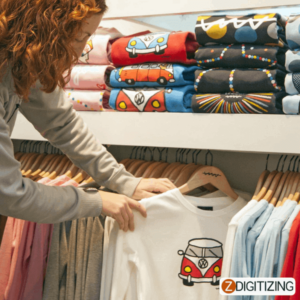
- Custom t-shirts provide businesses and organizations with a cost-effective marketing tool. By featuring company logos, slogans, or promotional messages, custom t-shirts can enhance brand visibility and recognition, acting as walking advertisements.
- Custom t-shirts create a sense of unity and identity among team members. Whether for sports teams, workgroups, or social clubs, wearing matching custom t-shirts helps foster team spirit and a sense of camaraderie.
- Custom t-shirts serve as memorable souvenirs for special events, conferences, or trips. Attendees or participants can cherish the t-shirt as a memento of the experience and share it with others, extending the reach of the event or occasion.
- Custom t-shirts offer a popular fundraising item. Organizations can design and sell custom t-shirts to raise funds for charitable causes, community initiatives, or specific projects, leveraging the t-shirts’ appeal and market demand.
- Custom t-shirts aid in group identification during large gatherings, such as conferences, trade shows, or festivals. Participants can easily recognize and connect with fellow attendees, creating a sense of community and facilitating networking.
- Custom t-shirts provide a platform to raise awareness and support for specific causes, social issues, or campaigns. By wearing and promoting t-shirts with relevant messages or symbols, individuals can spark conversations and engage others in meaningful discussions.
- Custom t-shirts can serve as merchandise for concerts, festivals, or sporting events. Fans can proudly wear t-shirts featuring their favorite artists, teams, or performances, enhancing their overall event experience.
- Custom t-shirts contribute to a sense of unity and pride among employees in the workplace. Companies can design and distribute custom t-shirts as part of team-building activities, employee appreciation programs, or company-wide events, fostering a positive and collaborative work environment.
These benefits highlight the versatility and value of custom t-shirts in various contexts, ranging from personal expression to promotional and organizational purposes. Custom t-shirts cost have become a popular and effective way to convey messages, foster unity, and leave a lasting impression.
Frequently Asked Questions
The cost of custom t-shirts can vary depending on factors such as quantity, design complexity, and printing method. On average, custom t-shirts can range from $10 to $25 per shirt.
Selling custom t-shirts can be profitable if you manage your costs effectively, target the right market, and have a competitive pricing strategy. Consider factors such as production costs, marketing expenses, and profit margins to determine profitability.
The profit margin on t-shirts can vary widely depending on factors such as production costs, pricing strategy, and sales volume. On average, a profit margin of 30% to 50% is common in the t-shirt industry.
The number of t-shirts to own depends on your specific needs and goals. Consider factors such as inventory management, customer demand, and production capacity to determine a suitable quantity that aligns with your business requirements.
When pricing your t-shirts, consider factors such as production costs, target market, perceived value, and competition. Calculate your expenses, factor in your desired profit margin, and research market prices to establish a competitive yet profitable pricing structure.

